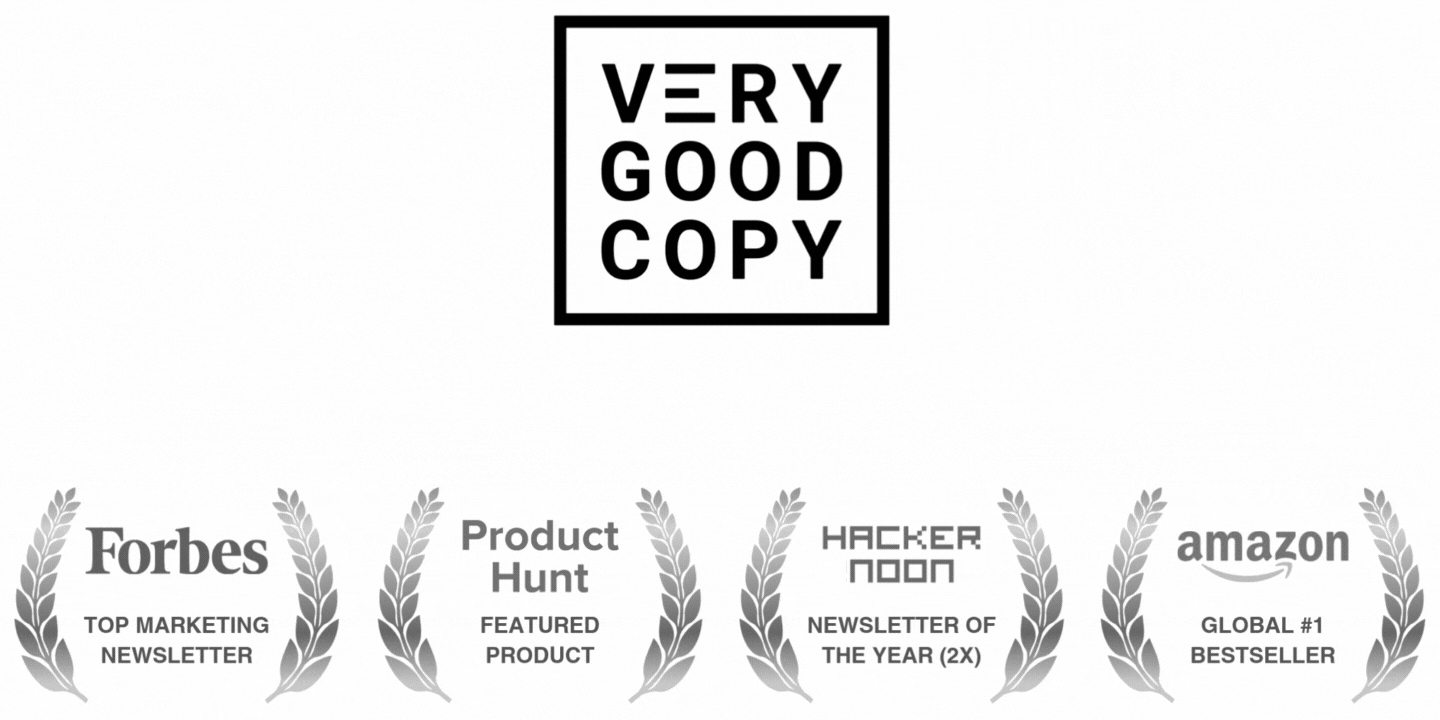EDITOR’S NOTE:
I’ve never met Andy Crestodina in person. I saw him from afar, though. He was getting a tour of G2 headquarters in Chicago. One of my colleagues was showing him around.
“Who was that?” I asked her later. “The guy you were touring?”
“Oh,” she said, “that was Andy Crestodina. He’s the CMO at Orbit.”
“The gum?” I said.
“The agency,” she laughed. “Orbit Media. He’s doing a G2 webinar.”
I went back to my desk and Googled him. I KNEW he looked familiar. Like so many marketers and copywriters and entrepreneurs, I’ve been following Andy for a while. He’s the co-founder and Chief Marketing Officer of Orbit Media, an award-winning 40-person digital agency in Chicago.
Over the past 20 years, he’s helped over 1000 businesses create better marketing. He’s also a speaker, blogger, and the author of Content Chemistry: The Illustrated Handbook for Content Marketing.
Andy has written 400+ articles on content strategy, SEO, conversion and analytics. Now I’m very proud to have him on for a micro-interview.
In 408 words, Andy shares:
1 early mistake that cost him traffic, leads, and reach years later…
6 ways to keep new visitors glued to your website…
The pages that rank best on search engines…
And more…
Instantly get 6 “micro” courses and series about copywriting when you subscribe to the VeryGoodCopy newsletter for free. Plus...enjoy new content every week. Learn more →
Thank you, Andy.
Let’s get started:
1) “What’s your work routine?”
6am: Make coffee, open laptop, write
7am: Chin-ups, shower, get dressed, wake up the kids, make eggs, play with kids
9am: Bike to work, email, meetings, lunch, email, meetings, calls, etc.
5pm: Home, play, dinner, clean, bath time for toddlers, books
10pm: Time with Crystal, my loving wife (assuming the kids went down)
11pm: SleepI'm a big believer in getting to bed. In my most productive eras, I got to bed earlier and got up earlier. But kids change everything.
2) “What do you know about your work now that you wish you’d known when you first started?”
I should have doubled-down on the most effective tactics earlier: deep content, original research and video.
Had I done these things earlier (before 2010), I'd likely have a much larger audience and a much easier time driving traffic and leads.
3) “What did your biggest professional failure teach you?”
I bombed a speaking engagement once by changing my topic right before the event. The session didn't match the program. It sucked. People walked out. Reviews were terrible. Very painful.
It was the in-person version of clickbait.
Note to self: Headlines have to match the content.
4) “What’s the #1 thing that has helped you shorten your craft’s learning curve?”
It took me a while, but when I figured out SEO, things got much easier. I always understood the basics of links (authority) and using keywords (relevance), but the next bit of learning made all the difference.
The pages that tend to rank are the pages that satisfy the searchers information needs. And Google pays attention to "user interaction signals" to understand the quality of content.
Sounds fancy, but it's simple: if the visitor from search spends several long minutes on the page, it's probably good. If they quickly bounce back to search results, the page is probably bad.
Do anything you can in your copy to keep the visitor on the page. Use video, use images, use formatting. Keep those paragraphs short. Never miss the chance to add bullets or subheads. Keep the scan reader flowing!
What's good for time-on-page (that's called "dwell time" when they come from search) is good for your rankings. It's also just digital content best practices.
5) “What book has helped you the most over your career?”
Deep Work by Cal Newport.
6) “And your parting piece of advice?”
Digital ink is never dry. It's never too late to update a bit of web copy!





